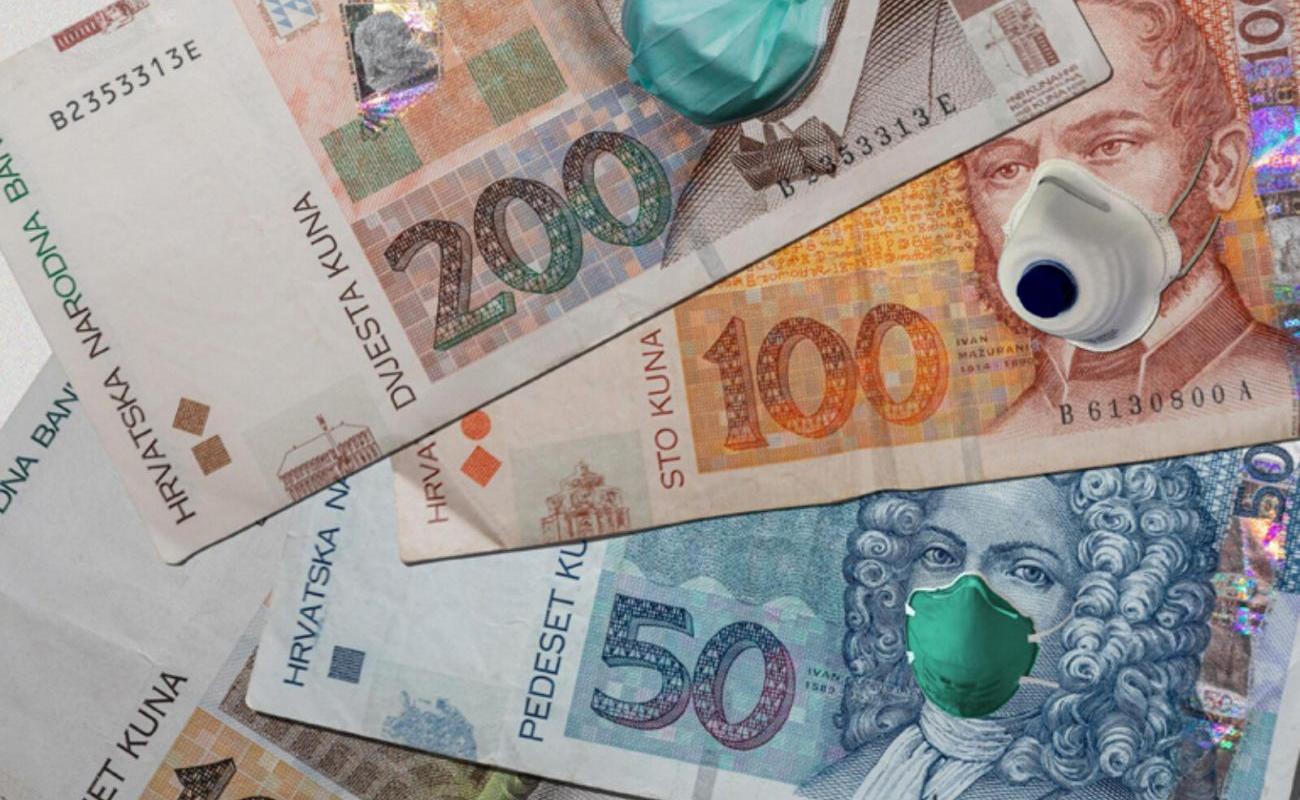A Further 35 Million Kuna in Croatian Covid Loans Remain Available
December the 5th, 2021 - A large amount of Croatian covid loans remain available as domestic companies operating in the small business sector are also resisting the impact of illiquidity, the real threat and high risk in times of this unprecedented global crisis.

As Poslovni Dnevnik/Suzana Varosanec writes, since the outbreak of the ongoing coronavirus pandemic back in early 2020, thousands of companies have realised low-value aid contained in Croatian covid loans which are primarily aimed at preserving liquidity. This was a brand new financial instrument fully financed by the European Regional Development Fund.
Namely, since the outbreak of this global public health crisis, HAMAG-BICRO, in cooperation with the competent ministries, promptly responded and created Croatian covid loans, (which are working capital loans) which is intended to preserve the liquidity of micro, small and medium-sized small businesses.
The allocation for Croatian covid loans was increased several times and by the end of last week, a total of 5,151 such working capital loans had been approved. In total, they are worth to 2 billion kuna. When it comes to their users, with the conditions they meet, these are entities with at least three months of work in 2019 under their belts and with last year's revenue decline of 20 percent or more when compared to 2019.
With these payments, they were given the opportunity to maintain liquidity as a wheel in the chain of overall financial discipline in meeting obligations. For many, it is a defense against falling into the insolvency regime, and it seems to be the reason for today's better statistical indicators in the form of fewer ''axed'' companies and the amount of debt blocked compared to the situation back the beginning of the pandemic.
Croatian covid loans of up to 750,000 kuna with 0.25 percent of the fixed interest rate, according to the industry, were the highest of all, for 1,806 beneficiaries, paid to those in the activities of providing accommodation and food preparation and serving. This is followed by wholesale and retail trade and repair of motor vehicles and motorcycles - 787, and 636 entities from the manufacturing industry. As of November the 30th, another 34.6 million kuna has been available for payment, but if the allocation is not used by the end of the year, the duration of the programme will be extended, the competent agency has confirmed.
As part of various programmes to encourage entrepreneurship, from the beginning of the implementation of the Competitiveness and Cohesion Operational Programme 2014-2020. To date, the agency has signed 5,177 contracts with a total project value of 15.25 billion kuna, of which 6.55 billion kuna is totally non-refundable. These projects will stimulate the creation of an impressive 17,173 jobs.
But since the beginning of 2020, despite the lockdowns and the pandemic which caused very difficult business conditions, new projects that create new jobs are ''sticking'' to valuable incentives: 1841 contracts were signed with a total project value of 7.43 billion kuna, of which 3.29 billion kuna will be non-refundable, and the creation of 2,408 jobs will be encouraged.
In addition to all of the above, great interest in development funds has been being shown by domestic companies that are intensively developing even in the midst of the pandemic, so it's obvious from their interest in development funds that the pandemic isn't an obstacle to healthy companies in joining the proverbial race for the digital and green transition.
According to the aforementioned agency, the signs that indicate interest in development funds are the results of the "Strengthening the competitiveness of enterprises by investing in the digital and green transition'' call, the aim of which is to strengthen the competitiveness of SMEs in domestic and global markets, to prepare for green, digital and resilient recovery by promoting energy efficient and/or technologically advanced production, and to encourage innovative business models to develop new competencies, increase production and exports, but also preserve existing jobs and encourage the creation of even more new ones.
The value of grants for distribution in the call stands at a huge 1.14 billion kuna, and the total value is 3.6 billion kuna. Calls for the transformation of businesses into green and digital ones will also be in the National Recovery and Resilience Plan. So far, a total of 170 contracts have been concluded with enterprises, the value of projects is 2.05 billion kuna, of which 631.23 million kuna is non-refundable, according to the agency, and these projects will encourage the creation of 1217 new jobs.
